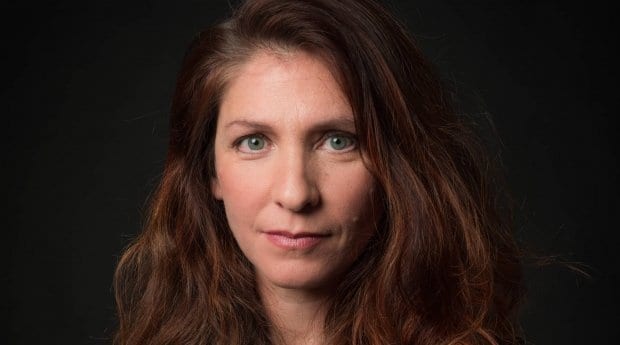Acclaimed playwright, journalist and screenwriter Diane Flacks returns to Tarragon Theatre this January with the world premiere of her new play, Waiting Room. Dealing with the challenges faced by doctors and patients in the waiting room of a major children’s hospital, the play was inspired by Flacks’s own experiences following the birth of her son. She sat down for an exclusive chat with Xtra.
Xtra: You speak about finding creative inspiration in the neonatal intensive-care unit of a hospital. What were some of the specific experiences you encountered in that environment, and how did they inform Waiting Room?
Diane Flacks: My son was born with critical medical conditions, and he lived in the NICU of Sick Kids for six months, and then the cardio ward for three. So we entered a rare world, became close with doctors, nurses, [nurse practitioners] and other medical staff and lived on a roller coaster of hope and despair that I know anyone who’s had any collision with the medical system has experienced. We witnessed madness, grace, banal absurdity, compassion and callousness — moments that I will never forget and stories that I feel compelled to tell because I have faith they will resonate with audiences and hopefully allow them to feel like their stories are being told.
Did you speak extensively with doctors and other patients, and were any of their stories or perspectives surprising to you?
I drew from our experience but really wanted to take it outside of us and fictionalize it for the most impactful possible drama. So, I read tons and met with researchers, biochemists, surgeons, doctors, patients, parents, and I also got to interview Dr Jill Bolte Tayler (the neuro-anatomist who had a stroke and wrote about her long recovery and the extraordinary insights she gathered as she worked her way back from her post-stroke state over many years). Many people’s perspectives were surprising to me, especially those who relied on faith for comfort.
What has it been like reuniting with Richard Greenblatt, and how do his sensibilities as a director complement your sensibilities as a writer?
Well, I love him. I don’t love watching him eat, mind you, because he’s an animal and he makes all food, including fruit, look like a rack of ribs. I trust him implicitly. He dramaturged the play, and his insights and instincts were incredibly helpful to me. He’s a wonderfully “moist” director — he’s unafraid of contradictions, emotion, and he respects words. He’s perfect for this piece for many reasons, not the least of which is he understands the world of the play and he’s fearless.
How do you feel the piece falls in line thematically with your other work?
I am fascinated by how people cope. By the absurd in the midst of darkness, by odd characters and human reactions, and all of my plays explore those kinds of stories and storytelling.
Do you think it will resonate with queer audiences?
Sure it will, because I’m queer and my outsidey-ness has hugely informed the characters in this play and the reason for telling these stories. Also, one thing I have learned: illness, trauma, death — those three horsemen don’t give a shit about who you love. We all confront them in this life. No one gets out alive.
Waiting Room
Wed, Jan 14-Sunday, Feb 15
Tarragon Theatre Mainspace
30 Bridgman Ave
tarragontheatre.com


 Why you can trust Xtra
Why you can trust Xtra


